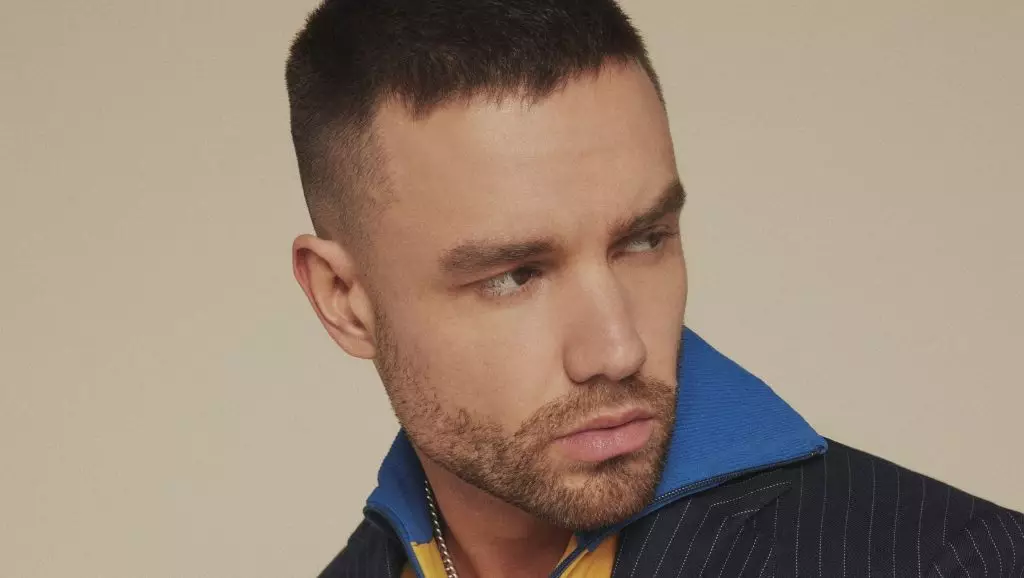The entertainment industry is often a stage for the brightest stars to shine, but it is also a realm where tragedy can strike unexpectedly. The recent death of Liam Payne, a prominent figure in the music world and former member of One Direction, has cast a shadow over the production of Netflix’s upcoming talent show, “Building the Band.” As the streaming giant grapples with how to handle the aftermath of his untimely passing, the dilemma raises questions about how one honors a legacy while remaining sensitive to the profound impact of loss.
Having already greenlit “Building the Band” and completed filming in late August, Netflix finds itself in a precarious position. The show, which was designed to showcase aspiring musicians competing for a chance to form a band, was set to feature Payne as a mentor alongside well-known artists like Nicole Scherzinger and Kelly Rowland. With Payne’s tragic fall from his hotel balcony in Argentina, Netflix is forced to reconsider its release strategy. Sensitivity is paramount, as Payne’s family and fans grapple with their grief while the network contemplates timing and promotional considerations for a show that would now carry a bittersweet legacy. The question remains: how can they honor Payne’s contributions while managing the emotional response from his supporters?
“Building the Band” aimed to bring a fresh perspective to music competitions by requiring its contestants to connect based purely on musical compatibility—without initially knowing what each other looked like. This intriguing premise not only highlights the core elements of artistry and chemistry but also aligns with the collaborative essence of the music industry. As viewers are drawn into this innovative concept, the presence of Payne adds a deeper layer of familiarity and gravitas, given his history as a beloved pop icon. His role as a mentor would offer aspiring artists valuable insights, yet now those insights stand as a poignant reminder of what has been lost.
Reflections and Reactions from Peers
As the dust settles, reactions from those who had the pleasure of working alongside Payne have begun to emerge. Kelly Rowland, who worked closely with him on the show, expressed fond memories in her reflections, emphasizing Payne’s charm and sense of humor. These anecdotes serve to remind audiences of the artistry and warmth he brought, not only as a performer but also as a mentor. Social media has also become a platform where fans celebrate his life and contributions, sharing personal stories and moments from the show’s taping, including a touching instance where audience members serenaded him with “Happy Birthday” just before the final recording. Such tributes indicate how deeply he resonated with fans and colleagues alike.
As Netflix approaches the release of “Building the Band,” the path forward feels laden with both potential and responsibility. The series stands as a testament to Liam Payne’s journey and artistry, but it also highlights the fragility of life and the imprint that individuals leave behind. While the company grapples with the manner in which to release the show, one thing is certain: Payne’s legacy will endure in the hearts of many, and “Building the Band” must strive to reflect the joy, creativity, and connection that he championed throughout his career, while also being respectful of the grief surrounding his departure. The future is uncertain, but it revitalizes the ongoing conversation about the importance of empathy in entertainment amidst loss.


Leave a Reply